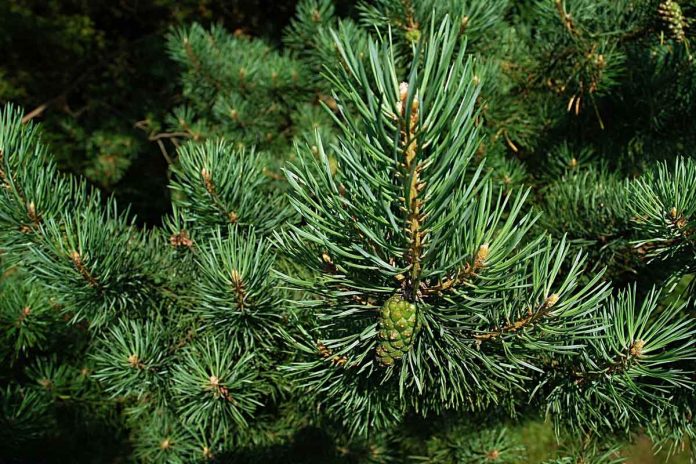The humble pine tree is more than just a common sight in North Carolina. It is a handy tool for monitoring the proliferation of polyfluoroalkyl substances in our state over time.
North Carolina State University scientists used historical and current pine needle samples. They wanted to trace the presence and concentrations of over 70 different types of PFAS in six N.C. counties from 1961 to the present. The study is a snapshot of the evolution of PFAS in the state over a 50-year period.
Why pine needles?
The waxy coating that protects them from the elements also acts as an efficient trap for airborne contaminants such as PFAS, for the needles themselves. Pine trees drop their needles on an annual schedule. Scientists are certain about the points in time they’re looking at when they take samples.
Scientists obtained 60 pine needle samples from sites in Durham, Wayne, Cumberland, Robeson, Onslow and Brunswick counties.
Scientists have used 15 pine needle samples from the NC State and Duke University herbaria, for historical comparison. Scientists looked at samples from those same counties dated from 1961 to the present.
Scientists analysed the samples by performing liquid chromatography, mass spectrometry, ion mobility spectrometry and fragmentation studies on single one. This multi-dimensional approach gave them accuracy when they wanted to distinguish between molecular structures of the different chemicals.
The study is a snapshot history of a half century of PFAS in central and eastern North Carolina.
Scientists hope that that this work will pave the way for other researchers. They can use passive sampling to monitor the spatial and temporal distribution of PFAS. The study has been published in Environmental Science & Technology.

